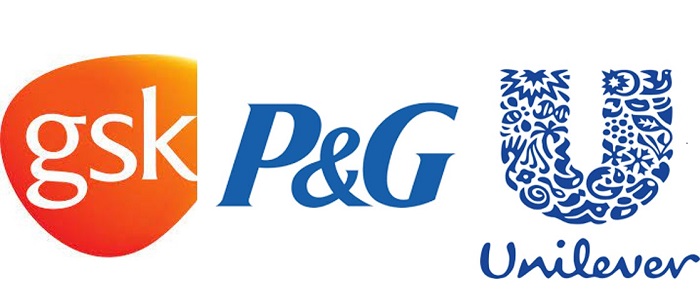The continual departure of multinational companies (MNCs) from Nigeria is one of the concerning trends Nigeria is currently witnessing. This phenomenon has had profound economic implications, sparking widespread discussion among policymakers, economists, and industry stakeholders.
High-profile exits include major players like Kimberly-Clark, Procter & Gamble (P&G), Unilever, and GlaxoSmithKline. The closure of Kimberly-Clark, merely three years after a $100 million investment, resulted in the loss of around 10,000 jobs and a severe impact on the supply of essential sanitary products.
Over the last five years, these departures have cost Nigeria approximately N95 trillion. Such staggering figures underline the urgency to understand and address the root causes of this exodus to restore confidence among potential and existing investors.
Why they are continually leaving
One of the primary challenges MNCs face in Nigeria is the volatile regulatory environment. Frequent and abrupt changes in government policies, coupled with inconsistent enforcement, create a landscape riddled with uncertainty.
Companies need help to make long-term investment plans when tax laws, import restrictions, and foreign exchange controls can shift unpredictably. However, the declining purchasing power of Nigerian consumers poses perhaps an even greater challenge.
Dr. Emeka Okengwu, CEO of AntHill Concepts Limited, explains, “With soaring inflation rates, rising unemployment, and escalating poverty levels, Nigerian consumers simply have less disposable income. This translates to diminished sales volumes and profitability for companies, particularly those in the consumer goods sector.”
Dr. Ayo Teriba, CEO of Economic Associates, provides a broader perspective. He notes that while many companies are exiting Nigeria, they are also pulling out of other regions, including North America, Latin America, and East Africa. “This suggests that the issues might not be specific to Nigeria but rather indicative of global operational challenges and strategic shifts within the companies themselves,” Teriba explains.
Strategic reallocation and market adaptation
Some companies have adopted strategies that allow them to maintain a market presence while minimizing operational risks. For example, Guinness and Diageo sold their bottling operations to another multinational but retained their branding presence in Nigeria, a move Teriba describes not as an exit but as a “strategic reallocation of resources.”
Conversely, when Procter & Gamble ceased production in Nigeria, they did so to control costs while maintaining their market share. “This decision was about economic efficiency rather than a lack of faith in the Nigerian market,” Teriba adds.
Technological and Competitive Dynamics
The landscape is also being reshaped by technological advancements and competitive pressures. Dr. Muda Yusuf, CEO of the Center for the Promotion of Private Enterprise (CPPE), points out that local companies are increasingly capable of competing by offering more affordable products.
“Multinationals often operate with rigid business models designed for stable, developed markets. When faced with the need for greater flexibility, as seen in Nigeria, they struggle to adapt,” Yusuf observes.
Local firms, with a deeper understanding of the market dynamics and consumer preferences, often have lower operational costs and greater agility, making them formidable competitors.
Policy recommendations and the way forward
The consistent theme from experts is the need for a stable, predictable business environment. Moses Igbrude, president of the Independent Shareholders Association, emphasizes the importance of government action: “Stabilizing the naira and ensuring a reliable supply of forex are critical.
Additionally, investing in robust infrastructure, especially in the power sector, will help reduce operational costs and create a more attractive environment for foreign investments.”
By implementing clear, consistent, and favorable policies, Nigeria can begin to rebuild the trust of international businesses and perhaps reverse the trend of multinational departures.
>>> Read full article>>>
Copyright for syndicated content belongs to the linked Source : BusinessElitesAfrica – https://businesselitesafrica.com/why-multinationals-are-leaving-nigeria-experts-reveals/










